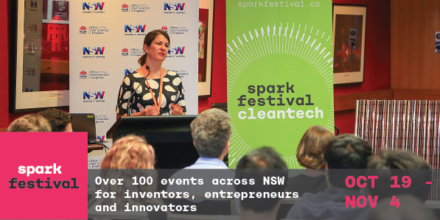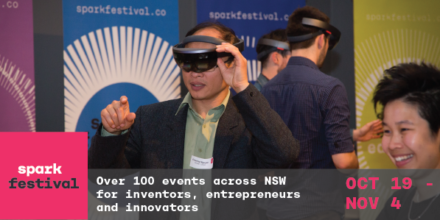This is the official notice of the Australian Science Communicators’ Annual General Meeting, to be held in Sydney on 12 November 2018
The 2018 AGM is an opportunity for members to hear about the year’s events at the national level, and also to have their say about what should happen in the year to come. It also includes reports from the President and Treasurer.
When: Monday 12 November, 13.00 AEST
Where: Powerhouse Museum
RSVP: secretary@asc.asn.au
Only financial ASC members are eligible to attend the AGM. Please check you have renewed your membership.
National President Vacancy
The current ASC President Craig Cormick will be standing down following two-years’ in the role. He will remain on the committee as the Past-President.
Nominations are therefore open for President of the ASC for 2019.
Presidential nominations (with a proposer and seconder) must be received by 1pm (AEST) Monday 5 November 2018 and can be sent to Teresa Belcher, National Secretary (secretary@asc.asn.au) accompanied by a short (max 250 words) statement about why you would like the role, and what skills/experience you bring to it. Nominations for President need to be agreed by the nominee.
Reps on the National Council
Branches are required to nominate and endorse a National Representative to join the National Council at their Branch AGM. If this has happened, please notified the National Secretary.
Executive Council Positions
If you are interested in joining the National Council/Executive Council (as Treasurer, Secretary, Vice President x 2), then please contact the National Secretary. If more than one person is interested in a particular position, then an election will take place.
Agenda items and notices of motions
Proposed agenda items, notices of motion must be received by 1pm (AEST) Monday 5 November 2018 and can be sent to Teresa Belcher, National Secretary (secretary@asc.asn.au).
Note that notices of motion require a proposer and a seconder.
Proxies
Members unable to attend the AGM in person are able to give proxies to other members attending the meeting, or alternatively, send them to Teresa Belcher, National Secretary. Instructions for nominating proxies and voting instructions will be circulated prior to the AGM along with the final notification of official business and president nominations.
The following items are current as of 18 October 2018:
- 2018 AGM Agenda
- ASC Constitution
- Minutes from the previous AGM (December 2017)


